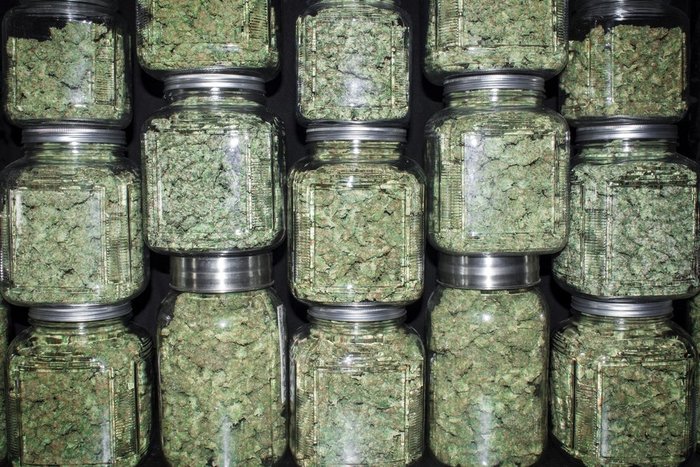On Wednesday, Massachusetts announced its fifth death credited it to the vaping illness that triggered a national crisis.
The latest victim, an unidentified man in his 40’s from Suffolk County, told doctors that he vaped THC, the intoxicating compound found in marijuana and cannabis vape pens. The US Centers for Disease Control noted that an alarming number of vaping illness patients said they vaped black market THC products, though other EVALI patients claim they only vaped nicotine and have denied ever vaping THC or cannabis oils.
“My condolences go out to the family of this patient who has died from a vaping-associated lung injury,’’ said the state’s Public Health Commissioner, Monica Bharel, MD, MPH, in a press release. “This tragedy reminds us of the dangers of vaping and the reasons we strengthened our laws regarding vaping products.”
The vaping illness, dubbed e-cigarette and vaping-associated lung injury, or EVALI, has hospitalized at least 2,800 Americans since August 2019, when the crisis began. As of February 18, 2020, the CDC confirmed that 68 Americans have died from EVALI. That means the latest death in Massachusetts officially brings that tally to 69.
The CDC also said in its February 18 report that it would no longer publish regular updates regarding EVALI hospitalizations or deaths. The health agency claims that new EVALI cases have been on the decline since November 2019 due to increased public awareness; local laws banning a suspect vape oil ingredient, vitamin E acetate; and increased law enforcement efforts to break up illicit THC vape rings.
However, the perceived decline in new EVALI cases may also be due to the CDC changing the way it counted new cases. In November, the federal agency asked state authorities to stop reporting suspected EVALI cases that did not require hospitalization. The CDC argued that the counting change would prevent doctors and the CDC from mixing up genuine EVALI cases with the flu, which shares similar symptoms to the vaping illness, especially since flu season was starting around then.
Doctors and the CDC’s researchers still don’t know what, exactly, causes EVALI. Tests on patients diagnosed with the illness show that cells in their lungs are saturated in oily droplets, which is consistent with vitamin E acetate exposure. A Mayo Clinic study found that EVALI patients’ lung tissue reveal marks that resemble chemical burns, which could be caused by heating a banned fungicide residue commonly used on black market marijuana (although some licensed pot growers are occasionally caught using the fungicide, too). Still, other scientists suspect that heavy metal toxicity caused by welding fumes in cheap battery units could be contributing to the illness, as well.











